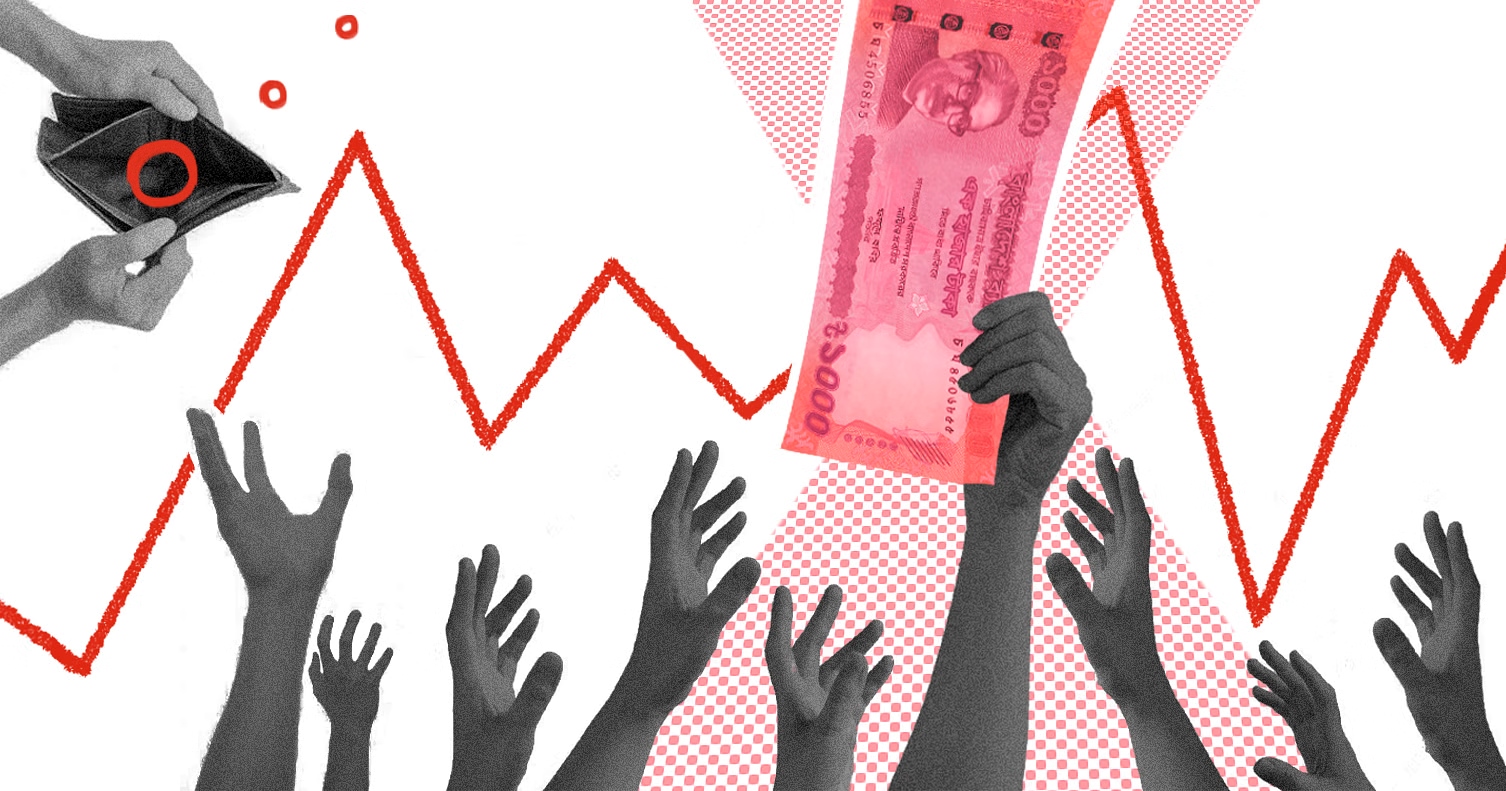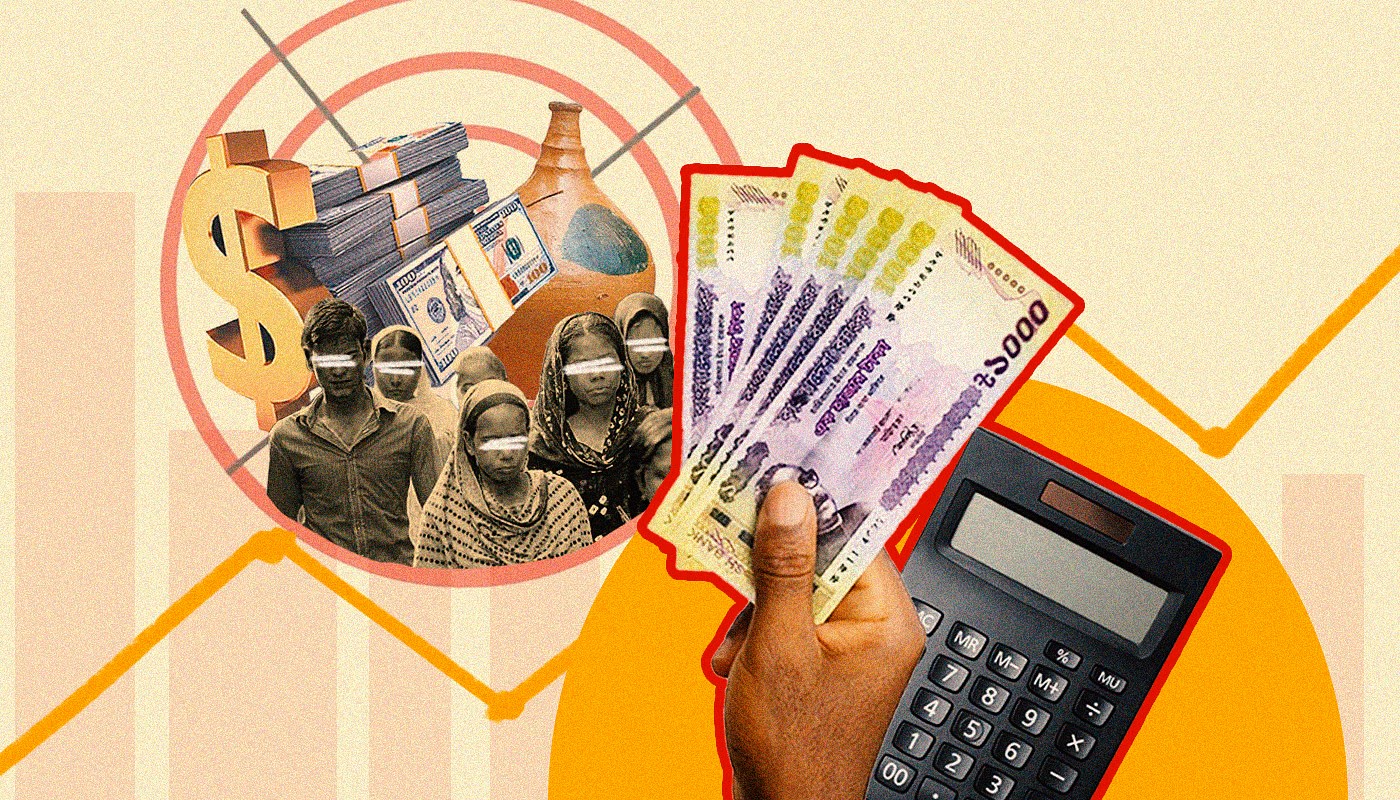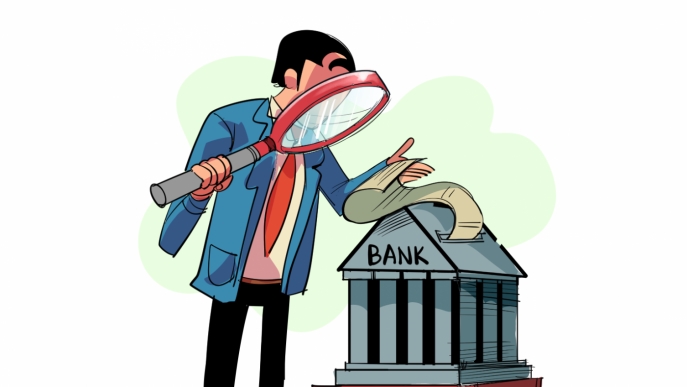Budget FY25: Tackling Inflation and boosting revenue–but how?

In a time when reassurance was desperately needed, Finance Minister Abul Hasan Mahmud Ali's first budget speech exuded an air of panic rather than optimism.
Delivered against the backdrop of a cost-of-living crisis, a faltering economy, and strained foreign currency reserves, the speech offered a sobering reality check: better days are not around the corner for most Bangladeshis.
The word "inflation" echoed throughout the minister's address, popping up repeatedly like a persistent nightmare. This suggests that the government is overwhelmed by the challenge of reining in the spiraling price level, which has eroded the purchasing power of ordinary citizens.

The finance minister tried to portray that the elevated inflation is largely imported, driven by global factors beyond the government's control. This, he said, leaves the government with limited tools to combat rising prices directly.
He however assured that in the upcoming fiscal year, he would try to bring down the inflation down to 6.5% from the current official rate of more than 9%. Given the fact that the unofficial inflation rate is well-above double digit, this prospect seems unlikely.
Throughout his budget speech, 'fiscal consolidation' was the operational word. That effectively translates into sourcing more money, which the proposed budget is all about.
Imposing more taxes
Ali aimed to increase government revenue through the elimination of most tax exemptions and VAT loopholes. This, he said, will significantly boost tax collection, allowing the government to reduce the deficit and combat inflation.
However, the success of the budget hinges on the National Board of Revenue (NBR) collecting Tk 4.80 trillion in taxes, a significant increase from the previous year's target of Tk 5 trillion, of which only 70% was achieved by March. This means the NBR would need to boost its tax collection rate by 17% – an unprecedented feat.
Nonetheless, everyone, from the lower to the upper class, will face increased expenses this year due to these proposed higher taxes and costs. Everyday items like phone calls, fruits, and appliances will become more expensive because of Ali’s relentless pursuit of money.

Ali aimed to achieve fiscal consolidation by narrowing its budget deficit to 4.6% of GDP, the lowest level in a decade. The government has pledged to maintain strict spending controls, or “belt-tightening” a strategy hardly used by a government that is obsessed with churning out numbers to project economic growth.
This commitment to fiscal prudence however does not necessarily imply long-term austerity measures. The government is concerned that excessive belt-tightening could hinder economic growth.
The proposed 6.75% GDP growth target appears achievable though, aligning with projections from rating agencies and multilateral lenders. The medium-term economic outlook is promising so far, bolstered by robust garment exports and steady remittance inflows.
However, immediate challenges like a persistent dollar shortage and high inflation could potentially hinder investment and consumer spending, impacting short-term growth.
Ambitious or unrealistic numbers?
Ali acknowledged the declining foreign exchange reserves and set an ambitious goal to raise them by 71% to $32 billion in the next fiscal year. However, this ambition seems shaky considering the projected 10% increase in imports, which would further deplete the reserves.
Export growth meanwhile is projected at 8% for the next fiscal year, but current figures for the 11 months of this fiscal year show a mere 2% increase. Remittance, another crucial factor in boosting reserves, is expected to grow by 7%, a 3 percentage point decline from this fiscal year's 10%. So, all these beget the million-dollar question: How will the reserve be replenished?
The budget speech also lacked concrete strategies to significantly increase exports or remittances, relying on future free trade agreements (FTAs) and preferential trade agreements (PTAs). However, only one FTA has been signed with Bhutan so far, raising questions about the feasibility of this approach.
Talking of lacking, the finance minister did not address a long-standing elephant in the room: The ongoing banking crisis.

Ali notably omitted addressing the escalating crisis in the banking sector, which is facing a record level of non-performing loans totaling Tk 1.82 trillion. In cursory, he proposed bank mergers as the primary solution to this issue, but failed to address the underlying governance problems within the banking sector.
Ali’s proposal to allow another round of black money amnesty, with individuals and companies able to legitimize their illicit funds by paying a mere 15% tax, raises ethical concerns as well. This move appears to contradict the government's proclaimed commitment to combating corruption.

